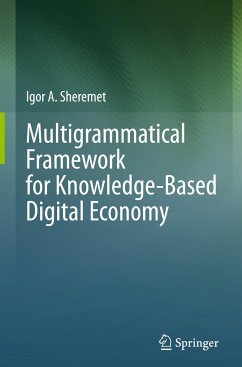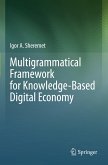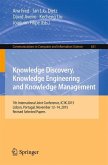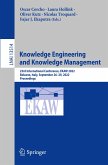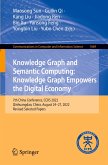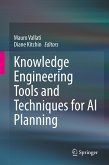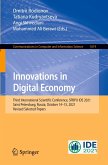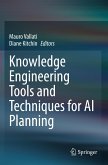This monograph introduces a novel multiset-based conceptual, mathematical and knowledge engineering paradigm, called multigrammatical framework (MGF), used for planning and scheduling in resource-consuming, resource-producing (industrial) and resource-distributing (economical) sociotechnological systems (STS). This framework is meant to enable smart operation not only in a "business-as-usual" mode, but also in extraordinary, highly volatile or hazardous environments. It is the result of convergence and deep integration into a unified, flexible and effectively implemented formalism operating on multisets of several well-known paradigms from classical operations research and modern knowledge engineering, such as: mathematical programming, game theory, optimal scheduling, logic programming and constraint programming.
The mathematical background needed for MGF, its algorithmics, applications, implementation issues, as well as its nexus with known models from operations research and theoretical computer science areas are considered. The resilience and recovery issues of an STS are studied by applying the MGF toolkit and on paying special attention to the multigrammatical assessment of resilience of energy infrastructures. MGF-represented resource-based games are introduced, and directions for further development are discussed. The author presents multiple applications to business intelligence, critical infrastructure, ecology, economy and industry.
This book is addressed to scholars working in the areas of theoretical and applied computer science, artificial intelligence, systems analysis, operations research, mathematical economy and critical infrastructure protection, to engineers developing software-intensive solutions for implementation of the knowledge-based digital economy and Industry 4.0, as well as to students, aspirants and university staff. Foundational knowledge of set theory, mathematicallogic and routine operations on data bases is neededto read this book. The content of the monograph is gradually presented, from simple to complex, in a well-understandable step-by-step manner. Multiple examples and accompanying figures are included in order to support the explanation of the various notions, expressions and algorithms.
The mathematical background needed for MGF, its algorithmics, applications, implementation issues, as well as its nexus with known models from operations research and theoretical computer science areas are considered. The resilience and recovery issues of an STS are studied by applying the MGF toolkit and on paying special attention to the multigrammatical assessment of resilience of energy infrastructures. MGF-represented resource-based games are introduced, and directions for further development are discussed. The author presents multiple applications to business intelligence, critical infrastructure, ecology, economy and industry.
This book is addressed to scholars working in the areas of theoretical and applied computer science, artificial intelligence, systems analysis, operations research, mathematical economy and critical infrastructure protection, to engineers developing software-intensive solutions for implementation of the knowledge-based digital economy and Industry 4.0, as well as to students, aspirants and university staff. Foundational knowledge of set theory, mathematicallogic and routine operations on data bases is neededto read this book. The content of the monograph is gradually presented, from simple to complex, in a well-understandable step-by-step manner. Multiple examples and accompanying figures are included in order to support the explanation of the various notions, expressions and algorithms.

